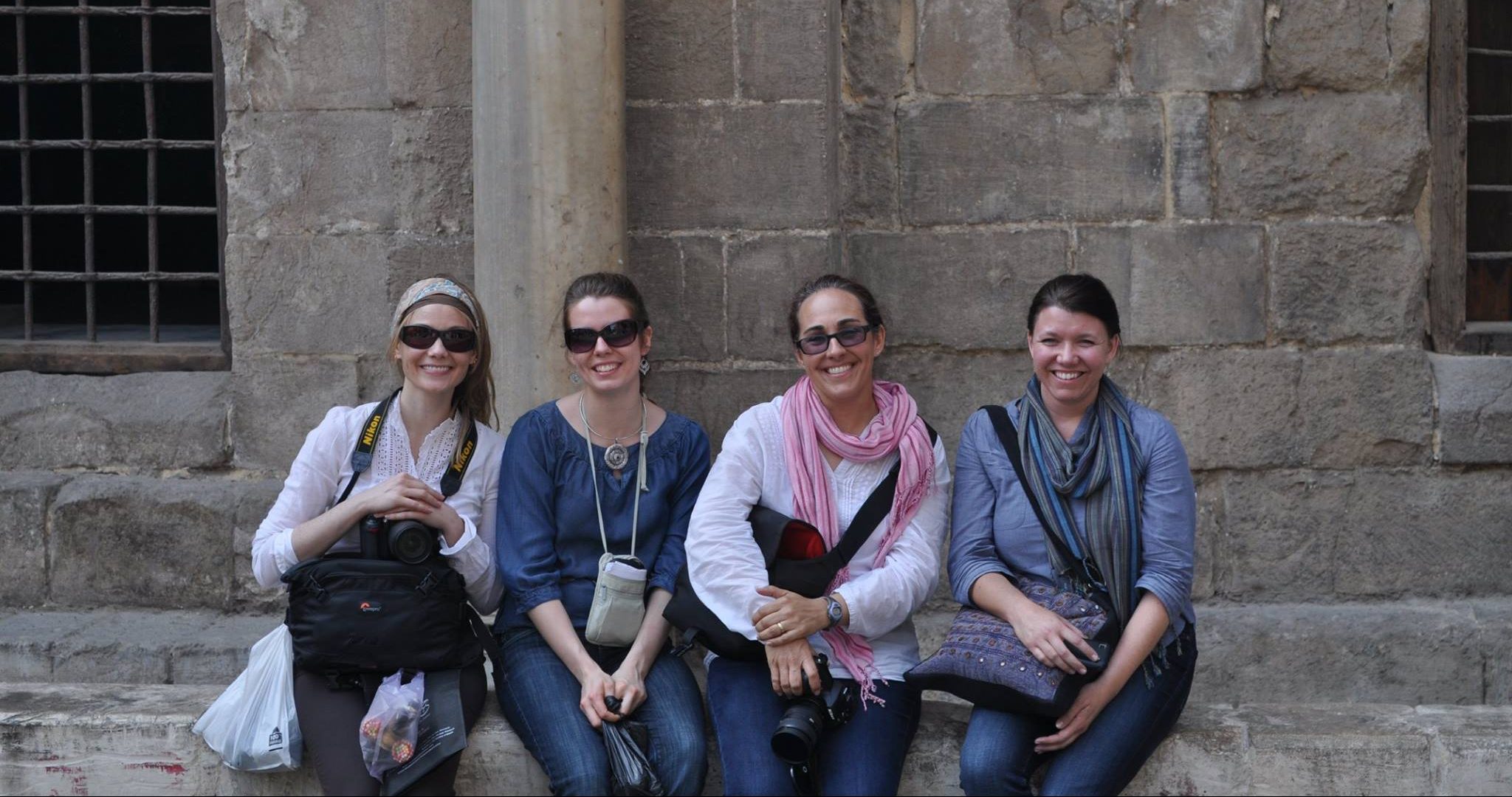“How do you like your coffee?” If I had an Egyptian pound for every time someone has asked me that after a meal, I could take you all out for a cup of coffee at this point. An integral part of the exceptional code of hospitality in Egypt, a hot drink is expected after a meal. Expected that that – as a host – you will offer it, and expected that you – as the guest – will accept it.
Imagine, then, what happens each and every time when I explain – to my host’s dismay – that I neither drink tea nor coffee. Simply declining, I have learned, is not an acceptable response. It will shame my host, and that is something I want to avoid. Completely.
I found the solution to this dilemma after some trial and error: mint. Mint saves the day! Everyone is satisfied if you simply request hot water with mint. Request it biduun sukkar (without sugar) if you want to control the water to sugar ratio yourself (highly recommended!).
Just because I don’t drink coffee does not mean I do not appreciate Egyptian coffee traditions. One such popular tradition is Turkish coffee, the ubiquitous beverage of the Egyptian coffee shop. Its smell – spicy! – is unmistakable. Its presentation – poured from a tiny, long-handled kettle called a kanata into a small demitasse cup – is universal. If you’ve been in Egypt for even a few days, you’ve seen and smelled it. But what you may not have noticed is the behind-the-scenes preparation.
The kanata is placed in a bed of hot sand and adjusted repeatedly to create just the right amount of froth. The timing of these adjustments is critical to the taste and “feel” of the final product.
Taste, smell, look, feel – are you noticing a pattern here? Turkish coffee is an experience that employs all the senses. Even sound. Come with me for a moment to an Egyptian coffee shop in the Khan al-Khalili marketplace. El-Fishawy is like any other little roadside cafe – literally occupying the pedestrian walkway between tightly-packed buildings – but is famous as the oldest cafe in the district and second home to artists and poets in days of yore.
Sit at el-Fishawy for only a few moments and you’ll hear all the sounds – the clink of glasses, the call to prayer, the offers for trinkets or henna. You may even be lucky enough to hear the drumming and lilting tones of a wandering musician.
Place your order. They serve fresh juice as well, if a hot drink in 110-degree weather just isn’t your thing. Then sit back and let your senses get to work. Enjoy!


